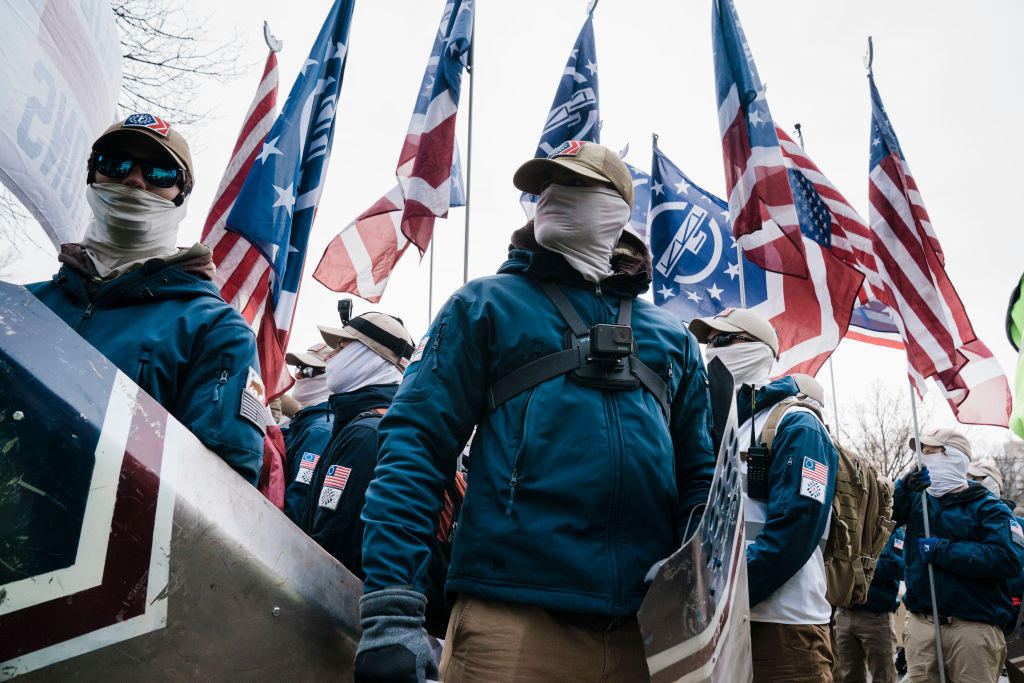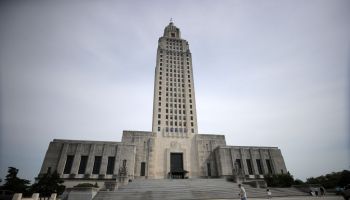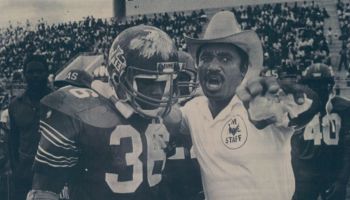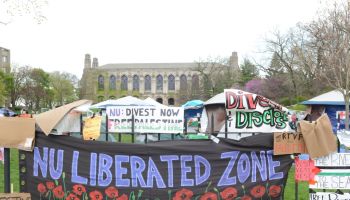With a focus on keeping schools safe, middle and high school principals and counselors in Baltimore met to discuss ways to reduce student suspensions and expulsions, WBAL-TV reports.
About 800 educators participated in workshops at the two-day safety conference. WBAL-TV said there was a consensus among them that communication is the key to reversing the high number of disciplinary problems.
“Students just sometimes need a neutral zone, whether it’s a family member, a friend, just somebody they can share things that are going on,” counselor Amy Jubb told the news outlet.
Baltimore County Principal Dr. Lawrence Rudolph added that sometimes students just need a positive word to pick them up when things are going wrong in their lives.
The keynote speaker, Dr. Crystal Kuykendall, warned that words are not enough.
“We have to show them, because if we don’t give that appreciation, the drug dealers, the hustlers, the gang bangers, they will show it and these kids will go after them and not us,” she told WBAL-TV.
More than 7,500 students were sent home in 2015 from Baltimore schools, according to WBAL-TV. They were mostly Black boys who were punished for nonviolent offenses, such as disrespect and insubordination.
Baltimore is not alone, according to a U.S. Department of Education report on the escalating number of civil rights complaints it received.
On average, African-American students across the nation are three times more likely than White students to be expelled or suspended, the department states in its Rethink School Discipline guide for school superintendents. This disparity starts early. The Department reports that Black children represent just 18 percent of preschoolers, but nearly half of the preschoolers suspended more than once.
In March, Baltimore County Public Schools Superintendent Dallas Dance announced the launch of a mentoring program to steer at-risk Black and Latino male students in the right direction.
At a luncheon for community stakeholders and educators, Dance underscored the challenge:
“In grades seven to 12, 40 percent of our African-American students, male students in general, and 31 percent of our Hispanic males have been suspended, compared to 23 percent of their White male counterparts,” he said.
Some school districts facing similar challenges have been thinking outside the box. Oakland’s Manhood Development Program, for example, is receiving a lot of attention. The school district’s Office of African-American Male Achievement oversees the program, tasked with guiding Black students toward success and curbing disciplinary problems.
Former dean of student discipline for New York City Schools, Tyler E. Brewster, told NewsOne that suspensions are the most expedient, but not the most effective way to deal with disruptive students.
Brewster is now a restorative justice coordinator for the school system. She said her eyes opened to the ineffectiveness of traditional discipline when a student told her that he began to act like a troublemaker because he was treated like one. Brewster now focuses on keeping kids in school, while helping them to learn accountability and responsibility.
Baltimore is one of the four cities where the Rev. Al Sharpton’s organization, the National Action Network, along with its partners, University of Phoenix and National Network of State Teachers of the Year, planted a seed to redevelop the broken relationship between the Black community and the schools that serve them. The grassroots movement seeks to stimulate community involvement in schools to reverse the downward spiral in education achievement and end the school-to-prison pipeline.
SOURCE: WBAL-TV | PHOTO CREDIT: Getty, Twitter
SEE ALSO:
























